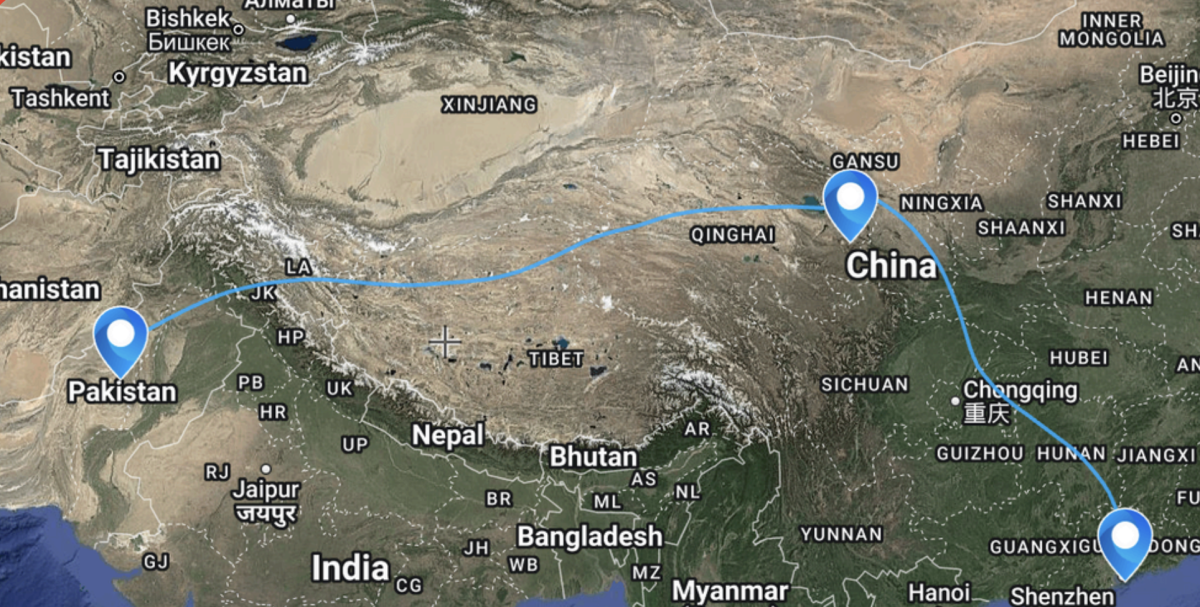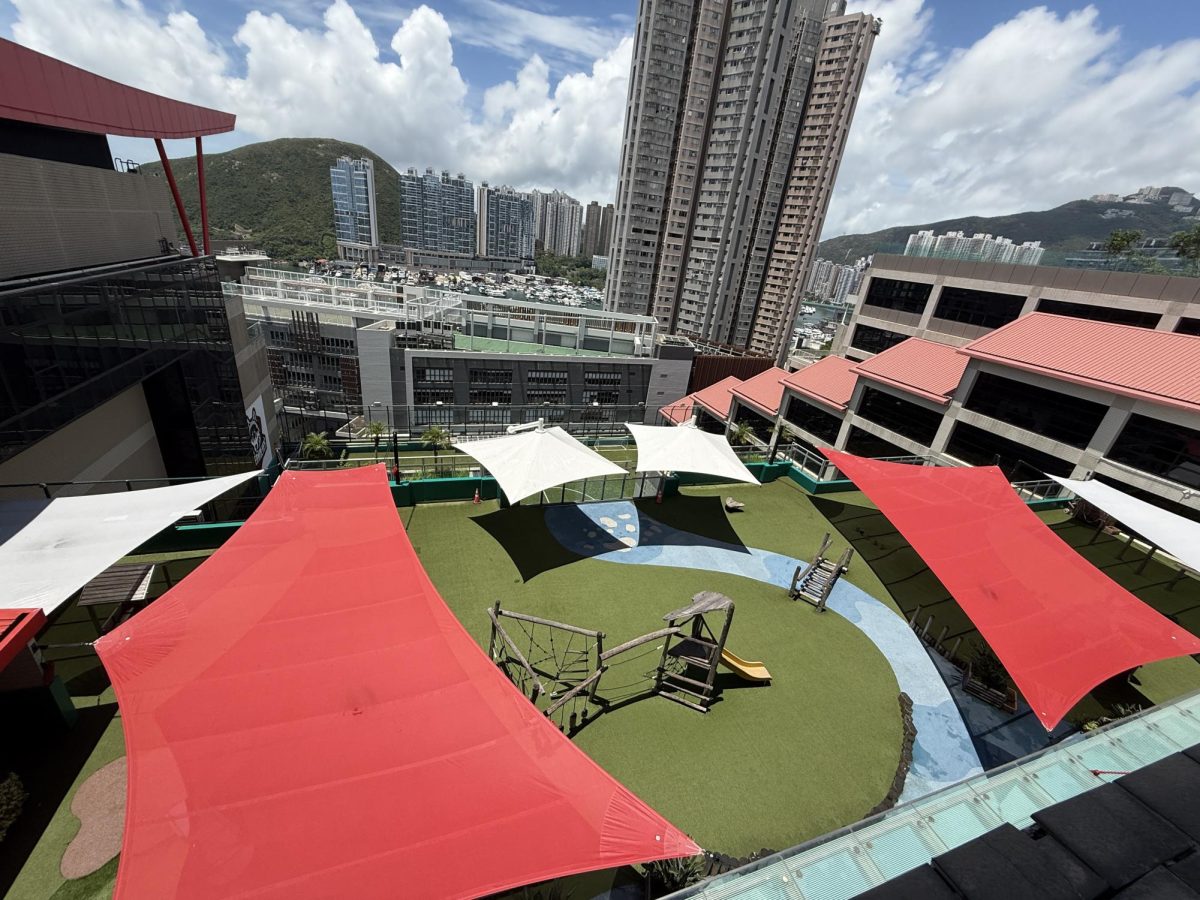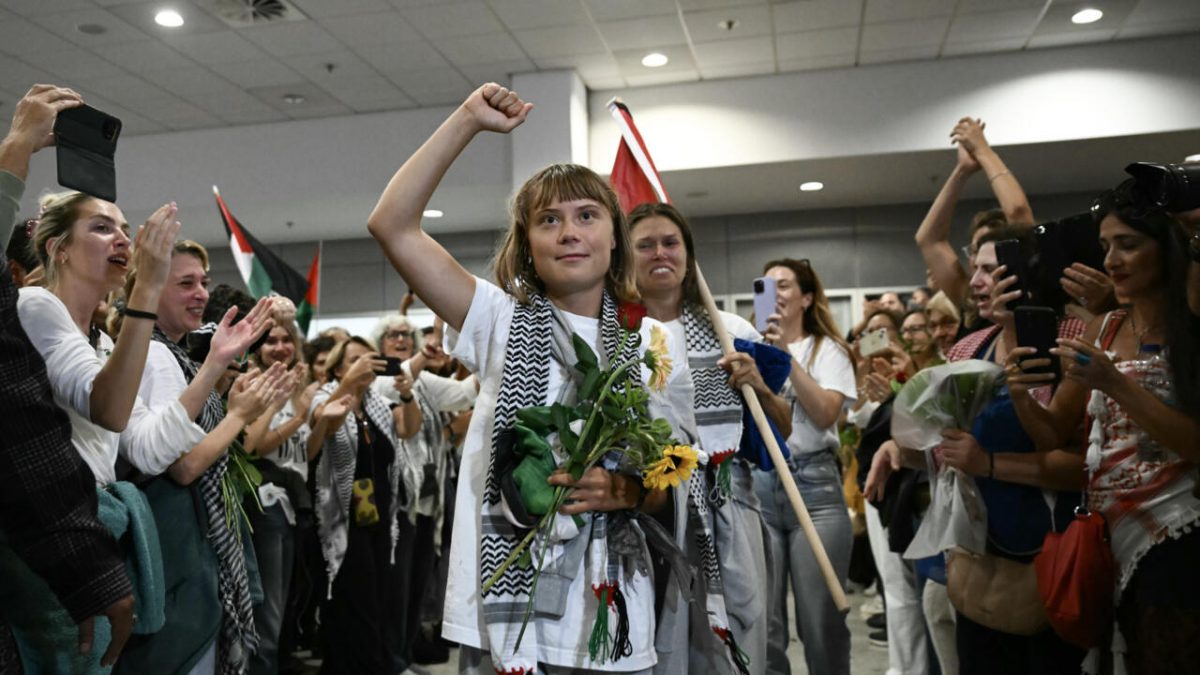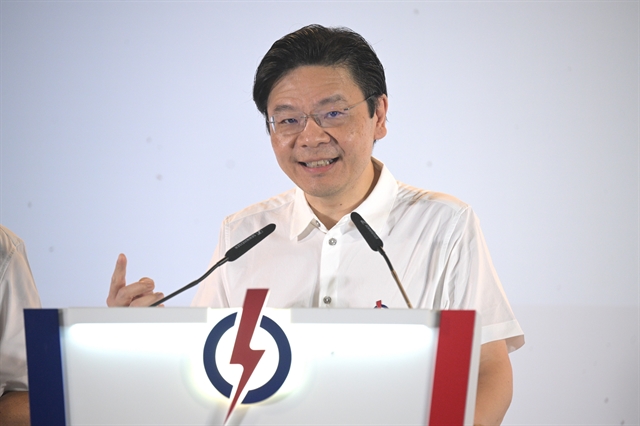On August 5th, Bangladesh’s (former) Prime Minister, dubbed the country’s Iron Lady Sheikh Hasina, was seen fleeing aboard an army helicopter to India. This occurred at the height of the student protests in Bangladesh, which forced Hasima to resign after a long 15-year rule. From bullets to tear gas, at least 819 individuals were reported killed and thousands injured in a month amid the protests in Bangladesh according to the Human Rights Support Society, with most victims being students.
The protests sparked as a result of a quota system on government jobs reserved for particular groups, with 30% of the jobs reserved for the descendants of Freedom Fighters, who fought against Pakistan in the Bangladesh Liberation War. Under a student mobilization on the issue in 2018, Hasina abolished the quota system in response.
However, in June this year, the High Court reinstated the quota system, overturning the 2018 government decision made after Freedom Fighters won an appeal.
This, coupled with the current youth unemployment rate in Bangladesh estimating 18 million young Bangladeshis to be jobless, incited a generation of students to take to the streets demonstrating their dissatisfaction with the government.
After days of the protest, however, the Supreme Court decided to forgo the High Court’s previous decision and lower the quota for the descendants of Freedom Fighters to a mere 5%. Initially, the protests were peaceful, but tensions escalated after Hasina made a speech with a provocative comment.
This comment appeared to address the protesters as Razakars, referring to a group of militants that worked with the Pakistani army to suppress the Bangladesh independence movement. Hasina remarked, “Why do they have so much resentment towards freedom fighters?
If the grandchildren of the freedom fighters don’t get quota benefits, should the grandchildren of Razakars get the benefit?” This was widely interpreted as suggesting that the students were undeserving of civil service jobs. At this point, many saw the quota system as a way to get any opposition out of the government, and to punish those with connections to Freedom Fighters.
The protests also revived previous accusations of the government being autocratic and corrupt after the voter turnout of the January elections showed that Hasina won her fifth term in office after arresting “tens of thousands of rival politicians and supporters, a move which rights groups have condemned as an attempt to paralyze the opposition ahead of the poll,” according to the BBC, with Al Jazeera claiming around 20,000 opposition activists arrested before the election.
After Hasina fled the country, the seat of the Prime Minister of Bangladesh has remained vacant since August 5. Many people are now supporting Muhammad Yunus, the Nobel Peace Prize laureate in 2006. He has been the Chief Advisor of Bangladesh since August 8th, promising Bangladesh a “free, fair and participatory election” following vital reforms in different sectors of the government.

































